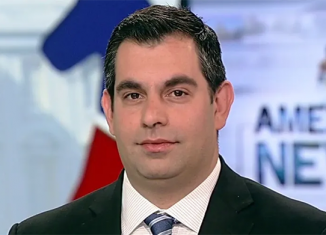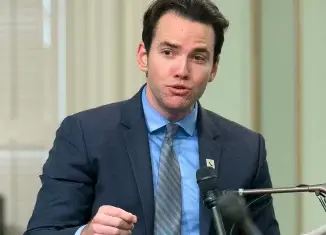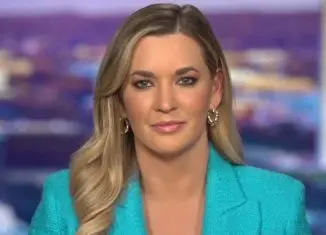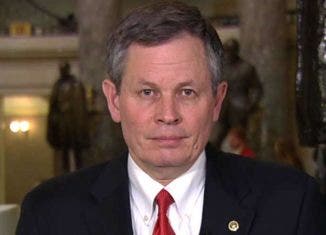Rep. Mike Gallagher (R-WI) On Why He Voted Against The Same-Sex Marriage Bill

Listen To The Full Interview Below:
Congressman Mike Gallagher (R-WI) joined the Guy Benson Show to discuss why he voted against a bill to codify same-sex marriage into law, as some worry the supreme court might strike down gay marriage next.
Congressman Gallagher explained his vote by saying,
“There’s one thing I think needs to be fixed, and I think it would both increase the chances of something passing in the Senate and also reduce the likelihood of whatever passes being challenged in court and then this being litigated endlessly. And first, let me be clear. I am not endorsing the so-called slippery slope argument, but I do believe this provision may inadvertently give oxygen to that argument. So this bill, H.R. 84, repeals DOMA. It does not, as you point out, and as some on the right are erroneously claiming. It doesn’t force states to marry same sex couples. It just requires them to recognize legal same sex marriages from other states. For example, if a gay couple lived in a state where gay marriage was permitted, then moved to a state where it was not, that state would have to recognize the marriage for tax and benefit purposes. It’s very similar in concept to the idea of concealed carry reciprocity, which most conservatives support. But the reciprocity provisions are contradictory. So when it speaks about reciprocity between the states and invokes the full faith and credit clause of the Constitution, it explicitly says pertaining to a marriage between two individuals, two individuals, two human beings. That’s the key phrase when speaking about reciprocity between states and the federal government. However, the resolution omits the qualifier between two individuals and instead says that an individual’s marriage should be considered valid simply if it’s valid in the state the marriage was entered into. So the second provision would force the federal government to recognize a marriage beyond two people. Is just one state permitted it. I concede no state permits it now. You may view that as a low probability outcome, but in my mind it’s higher than the probability Obergefell gets overturned.”






